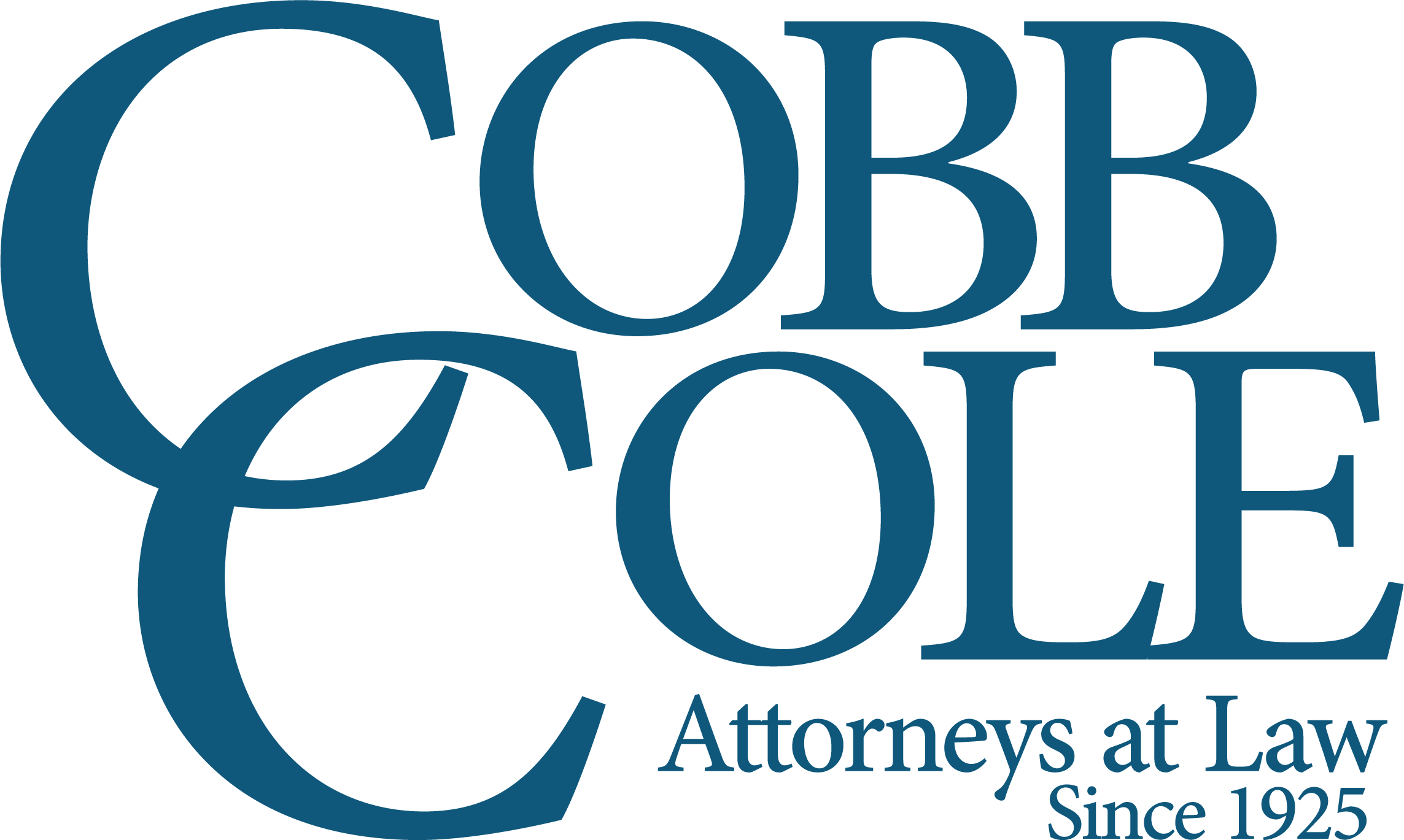Equitable distribution refers to the fair division of marital assets and liabilities when a couple divorces. The term may sound straightforward, but applying it in practice involves nuanced legal frameworks and a range of factors that can affect the outcome. For individuals or couples considering or going through divorce, having sound legal representation can help protect your assets and interests when it comes to equitable distribution.
Understanding Equitable Distribution
Under Florida law, courts classify assets as either marital or non-marital. Marital property becomes subject to equitable distribution. Though the word “equitable” suggests fairness, it doesn’t always mean an equal split. Courts take a wide range of considerations into account before deciding what constitutes a fair division.
Backed by the other attorneys in Cobb Cole’s Family Law group, Family Attorney Sara E. Glover has a long history of fighting to protect her clients’ rights, interests, and property. This includes guiding clients through the intricacies of equitable distribution and the complex legal landscape associated with divorce.
Factors That Affect Distribution
Several important factors often come into play:
- Business Ownership: When one or both spouses own a business, determining the value of that business becomes essential. Valuation disputes often arise over goodwill, income streams, or minority ownership interests.
- Marital Home: Couples may disagree over whether one spouse keeps the home or it gets sold. Clarifying whether the property’s equity counts as a marital asset can be a point of negotiation, disagreement, or legal argument during equitable distribution.
- Inheritances and Gifts: These may remain non-marital if kept separate. Commingling with marital assets, however, can complicate classification.
- Retirement Accounts: Splitting pensions, 401(k)s, or IRAs can involve Qualified Domestic Relations Orders and tax consequences if handled incorrectly.
Common Issues That Arise
Even with clear case law, disputes frequently occur in practical situations:
- Valuation Disputes: Parties may disagree about the worth of a business or investment account. Decisions often rely on opinions from third-party authorities.
- Tax Implications: The timing and structure of asset division can result in significant tax costs, such as early distributions from retirement plans.
- Debt Responsibility: Couples may disagree about who bears liability for credit card debt, mortgages, or business-related loans, especially if only one spouse incurred them.
How Sara E. Glover Helps Clients
Sara E. Glover guides clients through the equitable distribution process. She helps identify marital vs. non-marital assets and analyzes complex scenarios such as business valuation or retirement division. By partnering with Sara and the Cobb Cole Family Law practice, clients benefit from a collaborative approach. Sara and the Family Lawteam can work together to address support matters or consult with colleagues concerning corporate valuation or financial law when business interests are involved. Equitable distribution rarely stands alone; it interacts with tax planning, support agreements, and estate considerations.
What You Can Expect
- Asset Identification: You and your attorney will review all holdings to classify items correctly.
- Valuation: Appropriate professionals may be engaged to appraise businesses, real estate, or firm interests.
- Negotiation or Litigation: You may reach an agreement through mediation or have contested proceedings that bring the court into play.
- Implementation: Assets are transferred, QDROs are prepared, and documents are finalized to reflect the agreement or court ruling.
Divorce raises many practical questions beyond separation. Finding fair outcomes in property, debt, and financial planning requires careful attention to legal and financial detail. Sara E. Glover and the Cobb Cole team provide clear legal guidance tailored to your circumstances, with support across property matters, income division, and plan implementation.

